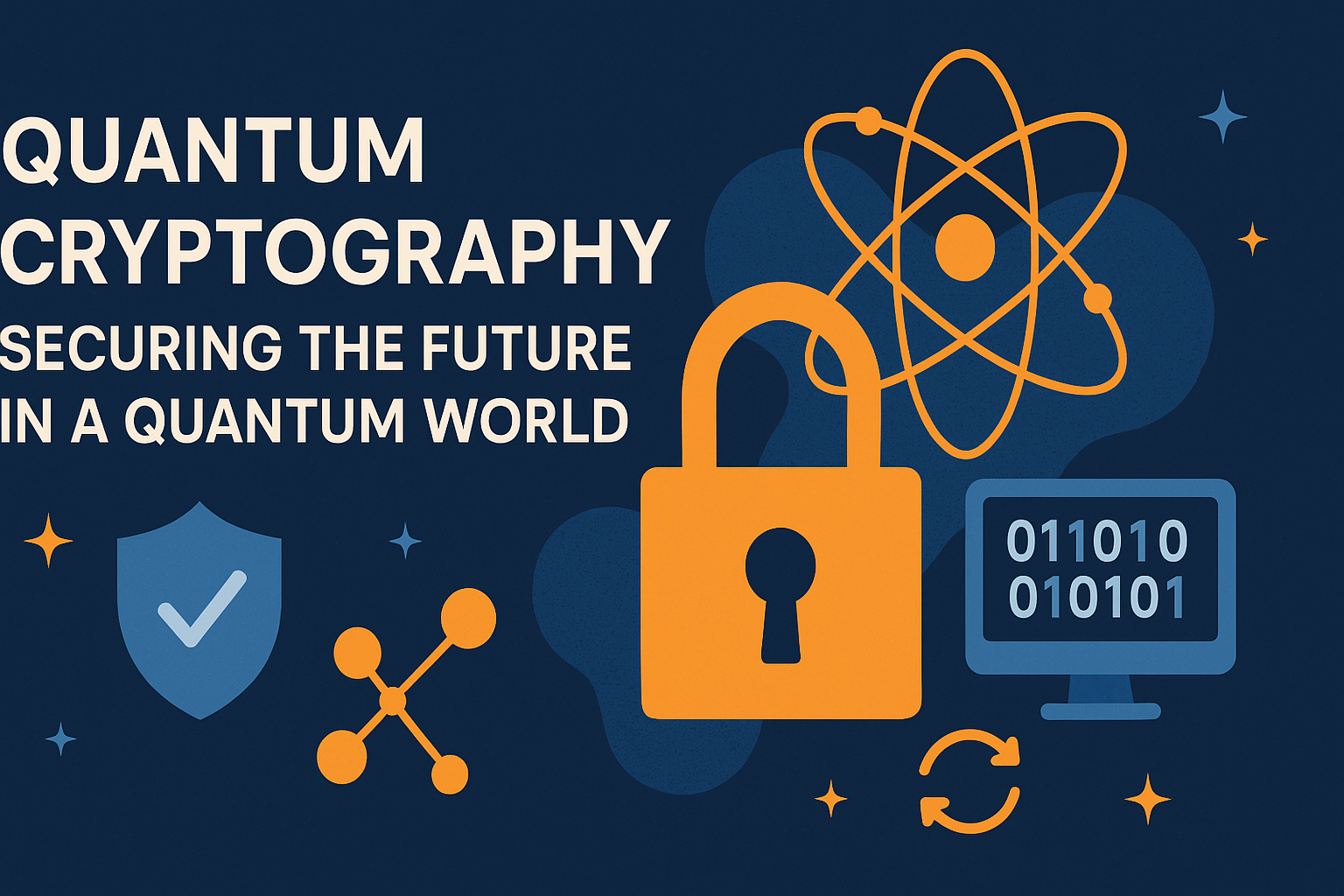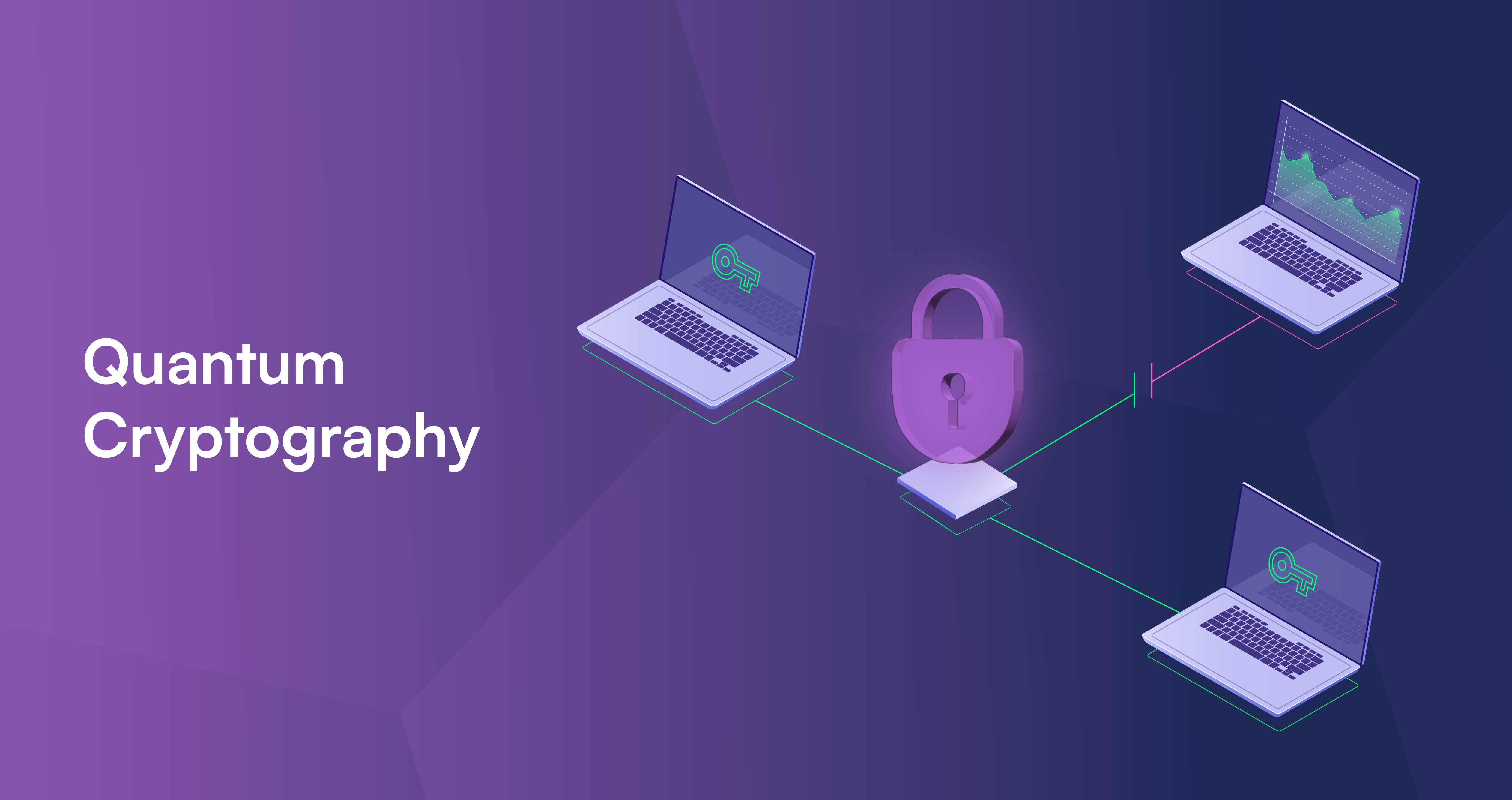
Explore the exciting world of Post-Quantum Cryptography (PQC), the cryptographic methods designed to resist attacks from powerful quantum computers. Learn about the threats, the solutions, and the future of secure communication.
The advent of quantum computers poses a significant threat to our current cryptographic infrastructure. Algorithms like RSA, ECC, and Diffie-Hellman, which underpin much of the internet's security, are vulnerable to attacks from sufficiently powerful quantum machines. This has spurred the development of Post-Quantum Cryptography (PQC), a new generation of cryptographic algorithms designed to be resistant to quantum computer attacks. This blog post dives deep into the world of PQC, explaining the threats, the solutions, and the future of secure communication.

A conceptual image of a quantum computer, the driving force behind the need for Post-Quantum Cryptography.
Quantum computers leverage the principles of quantum mechanics to perform computations in a fundamentally different way than classical computers. Shor's algorithm, for example, can efficiently factor large numbers, rendering RSA encryption obsolete. Grover's algorithm can speed up search operations, affecting the security of symmetric-key algorithms. This means that a quantum computer could potentially decrypt much of the data currently protected by these algorithms.
PQC refers to cryptographic algorithms that are designed to be secure against both classical and quantum computers. These algorithms rely on mathematical problems that are believed to be hard for both classical and quantum computers to solve. The National Institute of Standards and Technology (NIST) has been running a competition to standardize PQC algorithms, and the first set of standards are expected to be released soon. Let's delve into some of the key post-quantum cryptographic approaches:
Lattice-based cryptography is a popular approach that utilizes the mathematical properties of lattices. Problems like the Shortest Vector Problem (SVP) and Learning with Errors (LWE) are believed to be hard for both classical and quantum computers. Many of the finalists in the NIST competition are lattice-based.
Code-based cryptography relies on the difficulty of decoding certain types of error-correcting codes. The McEliece cryptosystem, for example, is a well-known code-based algorithm. It's known for its high key size but has shown resilience to attacks.
Multivariate cryptography uses systems of multivariate polynomial equations. Solving these equations is believed to be computationally difficult. While this is one of the older approaches, it is still under consideration. Several schemes have been broken, but new designs continue to emerge.
Hash-based cryptography uses hash functions to build digital signature schemes. They are considered secure if the underlying hash functions are secure. The security relies on the collision resistance of hash functions.
Isogeny-based Cryptography relies on the mathematical properties of isogenies between elliptic curves. It provides relatively short key sizes and is promising.

Diagram representing the NIST Post-Quantum Cryptography Competition (Source: StackExchange)
The move to PQC is a long-term project. As quantum computers continue to develop, post-quantum cryptography will play an increasingly crucial role in securing our digital world. Standardization efforts, such as the NIST competition, are leading the way in developing robust and reliable post-quantum cryptographic solutions. Early adopters will be well-positioned to maintain security.
The shift to post-quantum cryptography is an essential step in preparing for the quantum computing era. Understanding the basics of PQC is a crucial step in ensuring the security of future data and communications.
Post-quantum cryptography is a critical area of research and development. Understanding and adopting PQC is vital for safeguarding sensitive data and maintaining trust in the digital world.

Mehebub Alam
Author
Share this post:
Stay up-to-date with the latest insights and news in technology and business.
By subscribing, you agree to our Terms and Privacy Policy.
Explore more articles from our blog.

Microsoft has announced that Halo Infinite will transition into maintenance mode later this month, a strategic move by 343 Industries to shift its focus towards the development of multiple new Halo games. This decision marks a significant turning point for the iconic sci-fi shooter series.

Best Buy's highly anticipated Black Friday Doorbuster sales continue with the release of 'Week 2' deals. Shoppers can now dive into a fresh wave of discounts across popular electronics, offering a prime opportunity to snag holiday gifts early and beat the rush.

Apple is reportedly gearing up to release a new, lower-cost MacBook in 2026, aiming to make its premium laptop experience more accessible and compete directly with the burgeoning market for budget-friendly notebooks, including Chromebooks. This strategic move could redefine Apple's presence in the education and mainstream computing sectors.